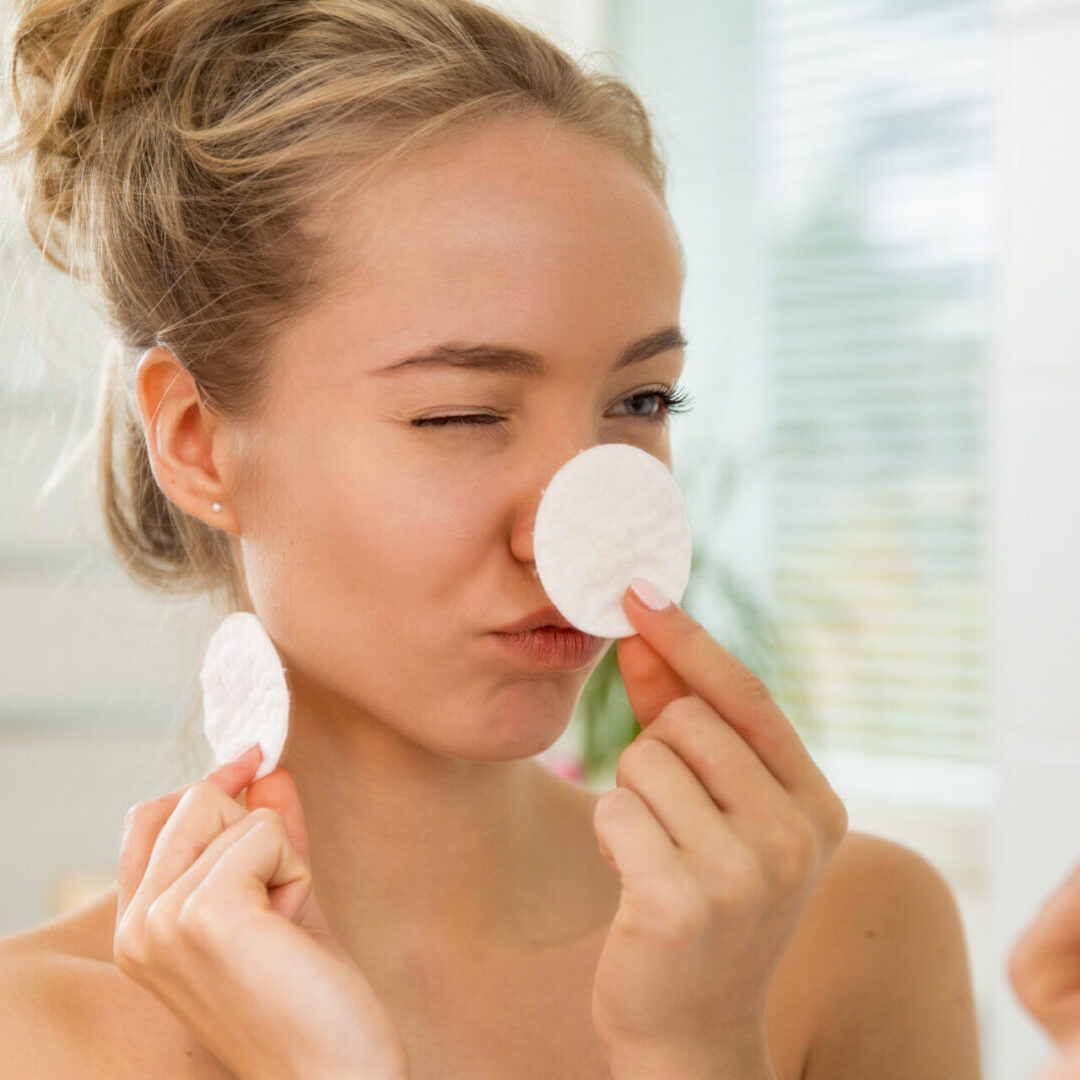What Causes Acne?
Acne is the visual manifestation of hormonal, bacterial, and other inflammatory disturbances that take place in the oil pore (pilosebaceous follicle).
No one factor causes acne. Acne happens when oil (sebaceous) glands come to life around puberty stimulated by male hormones from the adrenal glands of both boys and girls, although acne can occur at any age.
Oil is a natural substance that lubricates and protects the skin. Under certain circumstances, cells that are close to the surface block the openings of sebaceous glands usually because of a build-up of dead skin cells due to not exfoliating regularly. This causes a build-up of oil underneath. This oil allows bacteria to multiply and causes surrounding tissues to become inflamed.
If the inflammation is right near the surface, you get a pustule; if it’s deeper, a papule (pimple), deeper still, and it’s a cyst. If the oil breaks through to the surface, the result is a ‘whitehead.’ If the oil becomes oxidized (that is, oxygen in the air reaches the oil), the oil changes from white to black, and the result is a “blackhead.”
Here are the most common cause of acne:
Hormones
A hormone called androgen, produced during puberty is a major contributor to the cause of acne. Many acne sufferers are adolescents and teens. Hormones are also responsible for acne flare-ups during menstruation, pregnancy, and perimenopause. Androgens stimulate the sebaceous glands and produce extra sebum. The sebum mixes with common skin bacteria and dead skin cells that have been shed from the lining of the follicle. While this process is normal, the presence of extra sebum in the follicle increases the chances of clogging — and for acne to occur.
Stress
Stress can upset our hormonal balance. Cortisol is produced during stressful times, and it can aggravate acne.
Heredity
Heridity can be a factor in very severe and/or cystic acne.
Cosmetics
Cosmetics and skincare products can be pore-clogging. Heavy make-up, skincare products, foundations, and pomades contain lanolin, petrolatum, vegetable oils, butyl stearate, lauryl alcohol, and oleic acid, as well as toxic or skin-irritating preservatives, fillers, fragrances or emulsifiers.
Over abrasive cleansing
Inappropriate and harsh cleansers and exfoliators can damage skin and spread infections. If products are too alkaline and strip the natural oil and hydration of the skin, two things can happen. The pH can shift, and they lack a good ‘barrier function’ on the skin surface will make the skin more vulnerable to receiving bacteria, and ultimately make any small break out worse.
Certain medications and steroids
can alter your body chemistry and stimulate acne.
Diet
A diet that is high in refined carbohydrates and sugars can aggravate acne by increasing internal inflammation. Dr. Perricone’s books are a good resource for understanding skin and inflammation.
Pressure from equipment
In some people, pressure from phones, helmets, chinstraps, collars, can aggravate acne.
Picking and squeezing
This can send the infection deeper into the skin and can cause scarring.
Environmental Irritants
Pollution is bad for the internal body as well as the skin. In some jobs, exposure to industrial products may produce acne.


